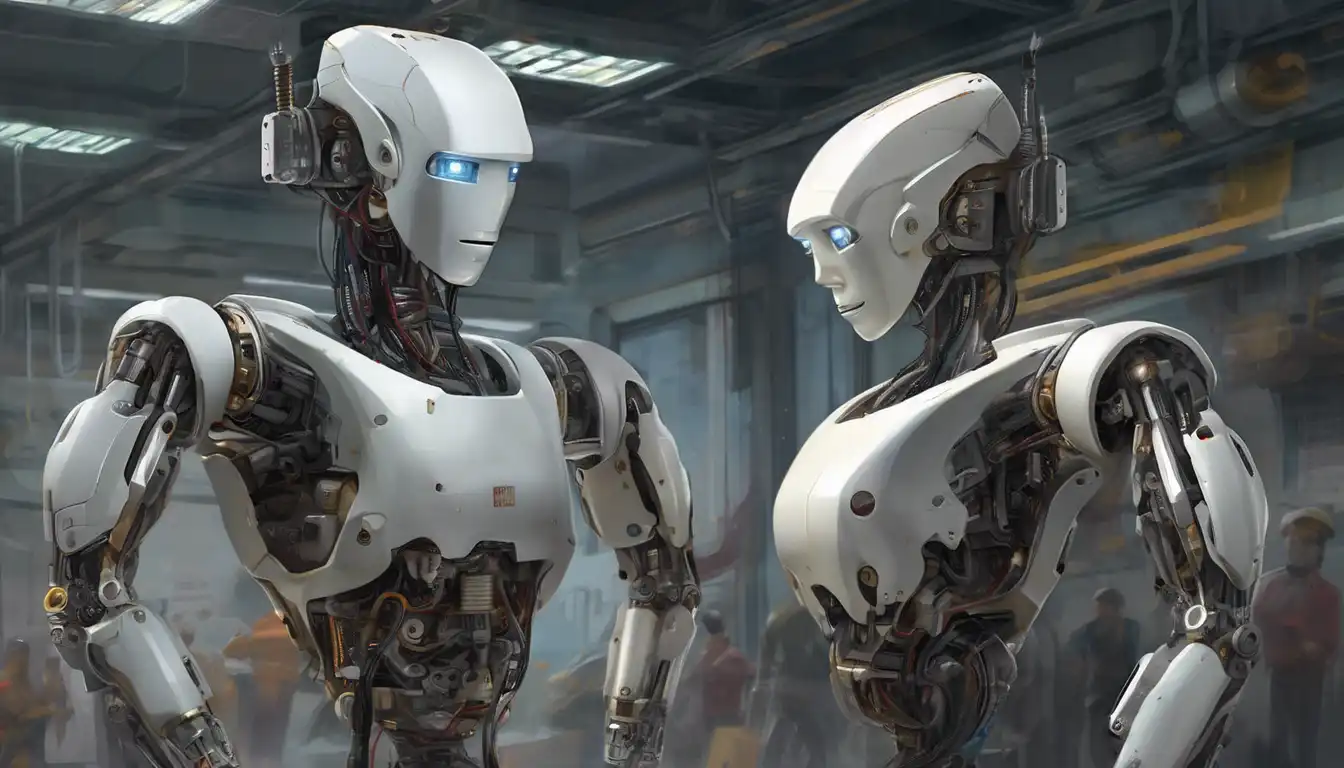Understanding the Ethical Dimensions of Autonomous Robots
In the rapidly evolving world of technology, autonomous robots represent a significant leap forward. These self-operating machines, powered by artificial intelligence (AI), are increasingly becoming a part of our daily lives. From self-driving cars to robotic assistants in healthcare, their presence is undeniable. However, as their capabilities expand, so do the ethical questions surrounding their use and development.
The Core Ethical Questions
At the heart of the debate are several core questions: How do we ensure that autonomous robots make ethical decisions? Who is responsible when a robot causes harm? And how do we balance innovation with the potential for job displacement? These questions highlight the need for a robust ethical framework to guide the development and deployment of autonomous robots.
Decision-Making and Moral Responsibility
One of the most pressing issues is the programming of ethical decision-making in robots. Unlike humans, robots do not possess consciousness or emotions, making it challenging to encode moral principles. Researchers are exploring various approaches, from rule-based systems to machine learning models that can learn from human behavior. However, each approach comes with its own set of challenges and limitations.
Accountability in the Age of Autonomy
Another critical aspect is accountability. When an autonomous robot makes a decision that leads to harm, determining liability becomes complex. Is it the manufacturer, the programmer, or the user who is at fault? This gray area underscores the importance of clear regulations and standards to address accountability in the age of autonomy.
The Impact on Employment
Beyond the immediate ethical concerns, the rise of autonomous robots also raises questions about the future of work. While these machines can increase efficiency and reduce human error, they also have the potential to displace jobs. It's essential to consider how society can adapt to these changes, ensuring that the benefits of automation are balanced with the need to protect workers.
Looking Ahead: Ethical Guidelines for Autonomous Robots
As we navigate the moral landscape of self-operating machines, the development of comprehensive ethical guidelines is crucial. These guidelines should address decision-making, accountability, and the societal impact of autonomous robots. By fostering collaboration between technologists, ethicists, and policymakers, we can ensure that the advancement of autonomous robots aligns with human values and priorities.
In conclusion, the ethics of autonomous robots is a multifaceted issue that requires careful consideration. As these technologies continue to evolve, so too must our approach to their ethical implications. By addressing these challenges head-on, we can harness the potential of autonomous robots to improve lives while minimizing the risks.
